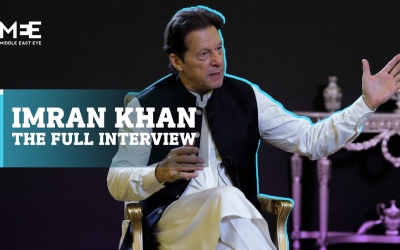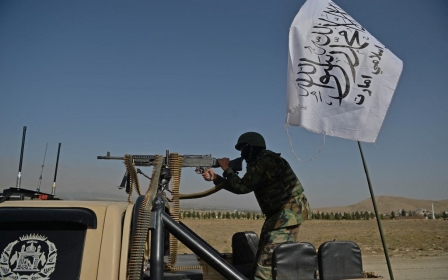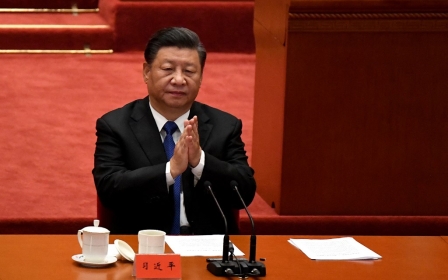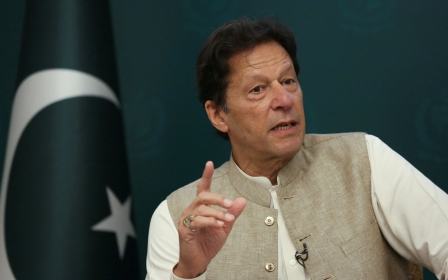Afghanistan: Islamic states' meeting in Islamabad agrees to set up trust fund
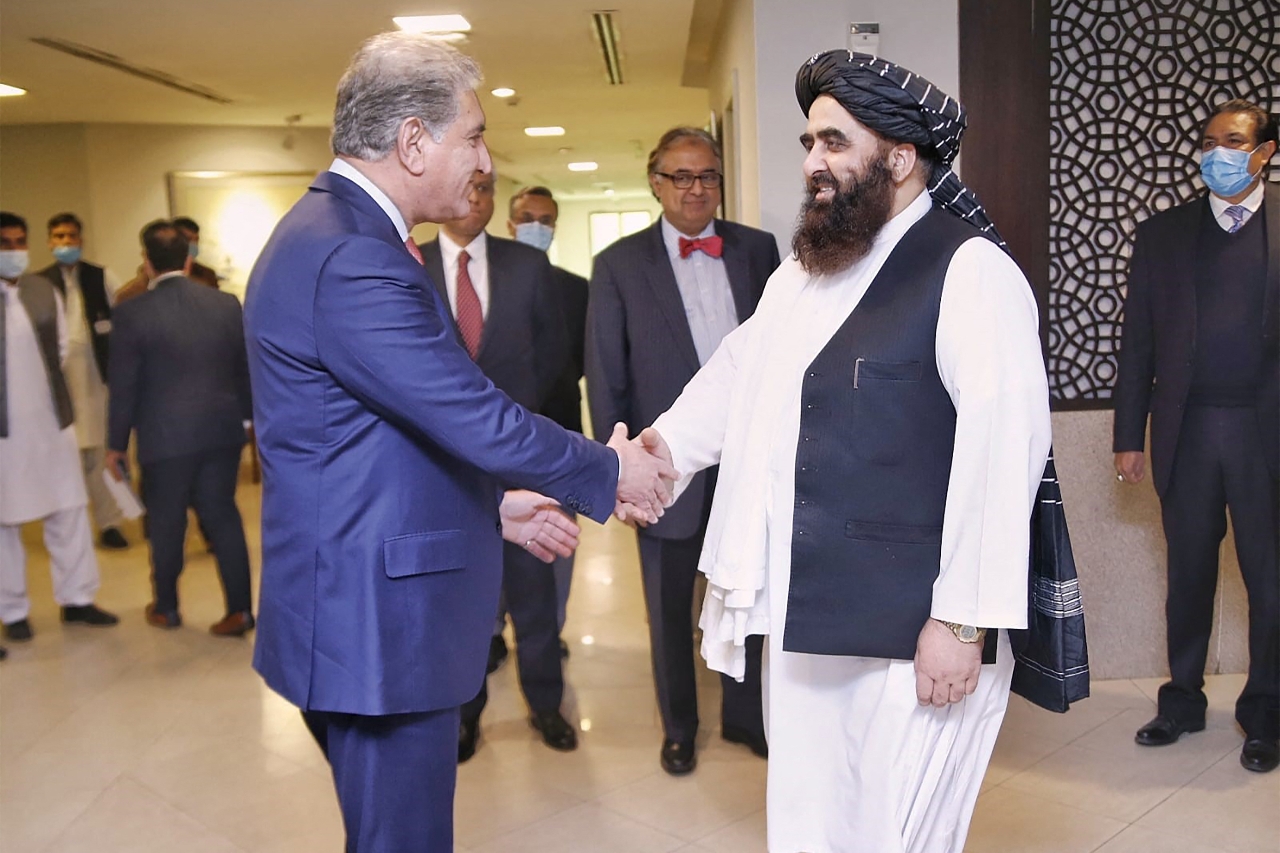
An emergency meeting of foreign ministers from the Organisation of Islamic Cooperation (OIC) agreed on Sunday to establish a humanitarian trust fund to address the growing economic crisis in Afghanistan which has left millions facing hunger over the winter.
The fund will be set up under the Islamic Development Bank to channel aid to Afghanistan in coordination with other groups, Pakistan's Foreign Minister Shah Mahmood Qureshi told a news conference.
A final statement from the meeting said that allowing Afghanistan access to its financial resources would be pivotal to preventing economic collapse and said realistic pathways to unfreezing billions of dollars in frozen central bank reserves should be explored.
Envoys from 57 Islamic nations are attending the two-day meeting in Islamabad, which also includes representatives from the United Nations and international financial institutions, as well as from world powers including the United States, the European Union and Japan.
The emergency in Afghanistan, with millions facing hunger as winter sets in, has caused mounting alarm, but the international community has struggled to come up with a coordinated response given western reluctance to help the Taliban government, which seized power in August.
"Unless action is taken immediately, Afghanistan is heading for chaos. Chaos suits no one," Pakistan's Prime Minister Imran Khan had said in his opening remarks to the gathering, adding that a refugee crisis and more Islamic State violence may follow.
Pakistan's capital was on lockdown on Sunday, ring-fenced with barbed wire barriers and shipping-container roadblocks where police and soldiers stood guard.
The meeting is the biggest major conference on Afghanistan since the fall of the US-backed government.
The Taliban's acting foreign minister, Amir Khan Muttaqi, is also attending, even though so far no country has officially recognised the new administration in Kabul.
Food, fuel and cash crisis
The UN has repeatedly warned that Afghanistan is on the brink of the world's worst humanitarian emergency with a combined food, fuel and cash crisis.
Taliban officials have asked for help to rebuild Afghanistan's shattered economy and feed more than 20 million people threatened with hunger. Some countries and aid organisations have begun delivering aid, but a near-collapse of the country's banking system has complicated their work.
Beyond immediate aid, Afghanistan needs help ensuring longer-term economic stability. Much will depend on whether Washington is willing to lift sanctions against Taliban leaders that have caused many institutions and governments to shy away from direct dealings with their government.
"They must delink the Taliban government from the 40 million Afghan citizens," Khan said.
The Taliban, who were last in power in 2001, have declared an amnesty on former government officials and said they will never allow Afghanistan to be used as a base for attacks on other countries.
But they have faced heavy criticism for keeping women and girls out of employment and education, excluding broad sections of Afghan society from government, and have been accused of trampling on human rights as well as targeting former officials despite their promise of amnesty.
'Let us nudge them'
Pakistan, Saudi Arabia and the United Arab Emirates were the only three countries to recognise the previous Taliban government of 1996 to 2001.
Earlier, Qureshi said the meeting would speak "for the people of Afghanistan" rather than "a particular group".
The foreign minister said there was a difference between "recognition and engagement" with the new order in Kabul.
"Let us nudge them [the Taliban] through persuasion, through incentives, to move in the right direction," he told reporters ahead of the OIC meeting.
"A policy of coercion and intimidation did not work. If it had worked, we wouldn't have been in this situation."
Middle East Eye delivers independent and unrivalled coverage and analysis of the Middle East, North Africa and beyond. To learn more about republishing this content and the associated fees, please fill out this form. More about MEE can be found here.



